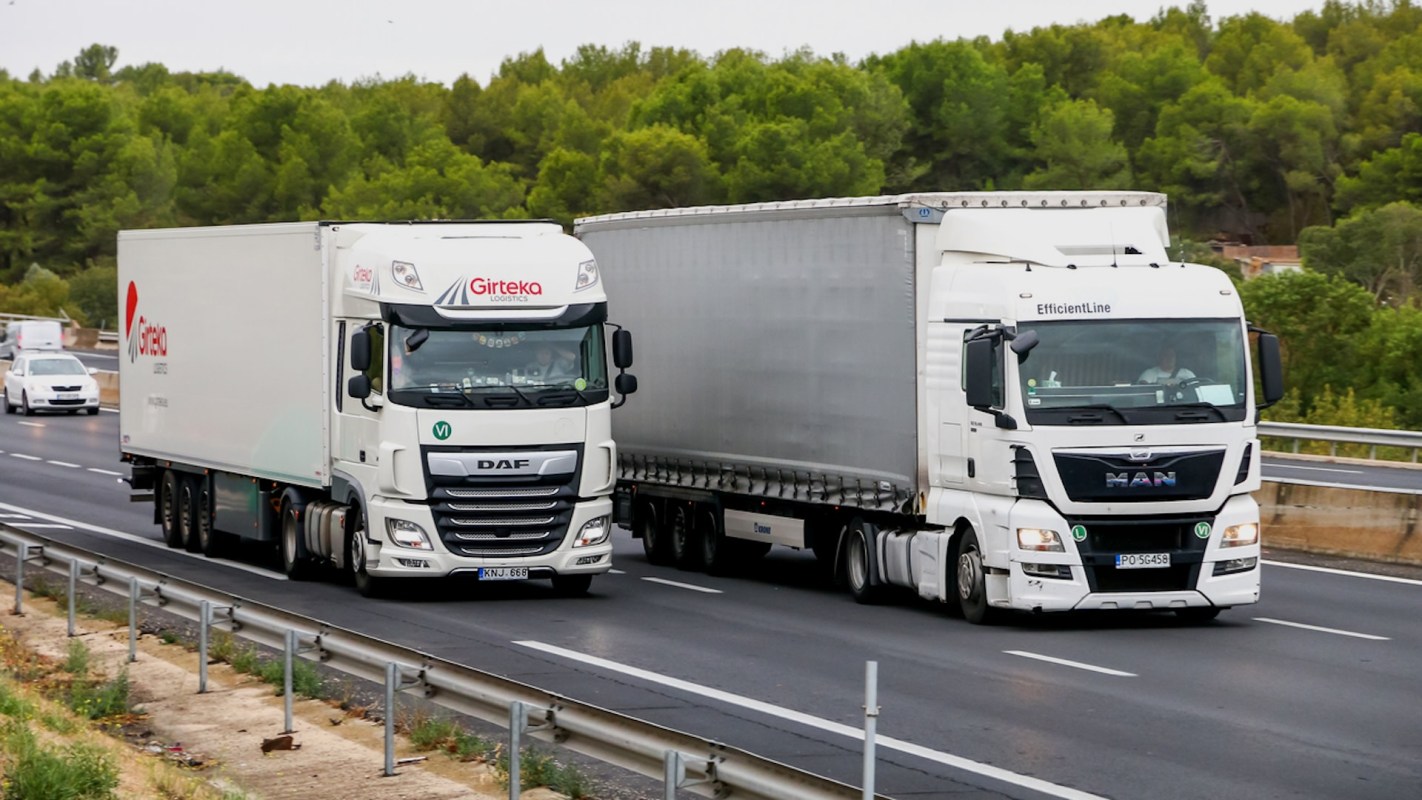France is turning back the clock in its efforts to reduce pollution from freight transportation.
As detailed by The New York Times, the French government is supporting cargo shipments on the Seine River as the European Union eyes ways to take heavy trucks off its roads.
"It would be best to see the river as part of a wider chain of cleaner transport," said Captain Badar, whose family has been piloting riverboats for three generations. Badar added that rivers used to be almost the only way to move goods throughout the country.
As highways and railways were built up in the 20th century, though, land became the preferred method of hauling items to their destinations. Now, according to the Times, 80% of freight transportation in the EU is done via roadways.
That leads to the release of a lot of planet-warming, asthma-linked pollution. ESG Today noted that freight accounts for 30% of transportation pollution in the union.
Doubling barge traffic in Europe to roughly 4% by 2050 would eliminate tons of carbon pollution and align with the EU's plans to reduce transportation pollution by 90% by that time. Supermarket chain Franprix, for example, told the Times that it cut its pollution by 20% by using local waterways.
As the new outlet pointed out, many of the EU's barges still run on diesel — a polluting dirty fuel — but emerging technologies are set to make river transportation even greener.
Electric boats and alternative fuels like clean ammonia are among the developments, while zero-carbon last-mile delivery from brands like IKEA have supported these efforts. Europe's first-ever hydrogen-powered river barge is also scheduled to begin taking shipments in the spring, and it can carry "the contents of around 15 trucks," as reported by the news outlet.
For river transport programs to be successful, Captain Badar believes more support is needed from policymakers.
"I've known for a long time that the river was the most ecological means of transport," Badar told the Times. "Now we need for policymakers to really make it happen. The potential is huge."
Droughts brought on by changes in global temperatures and upgrades to ports are also part of logistical considerations. France's primary port operator, Haropa, has been assisting with the latter issue.
"We are working on a transformation to get businesses to massively shift their logistics routes," Haropa president Stéphane Raison told the Times. The company has poured more than $1 billion into infrastructure initiatives along the Seine.
Join our free newsletter for weekly updates on the coolest innovations improving our lives and saving our planet.









